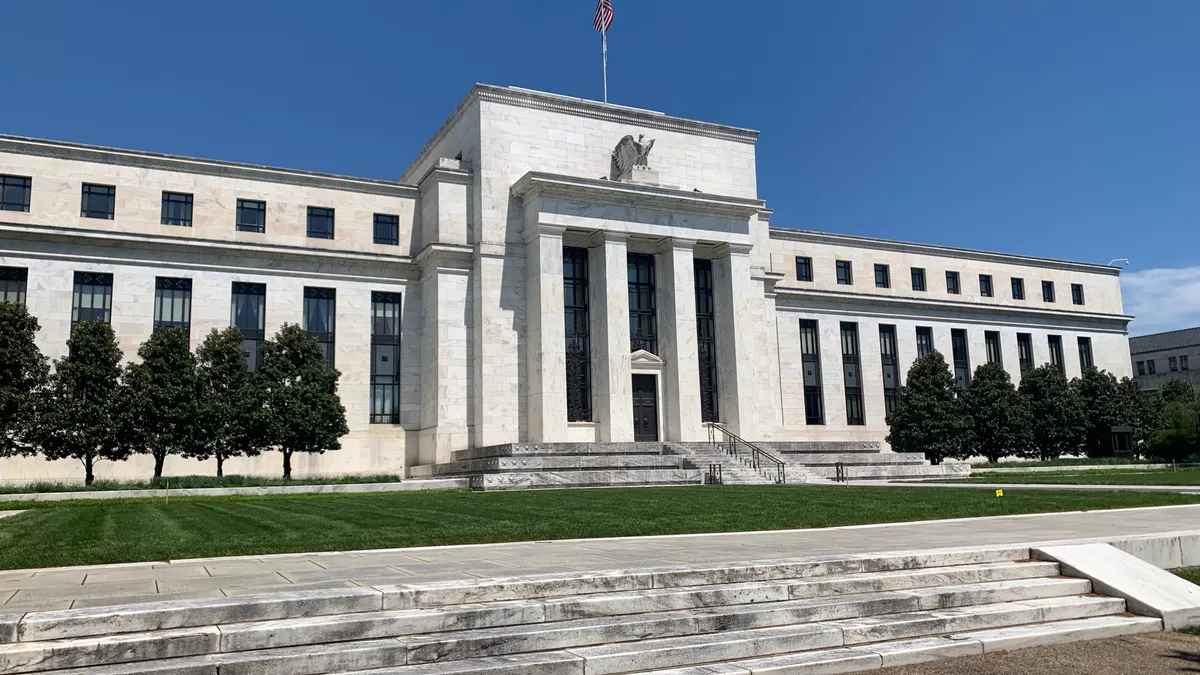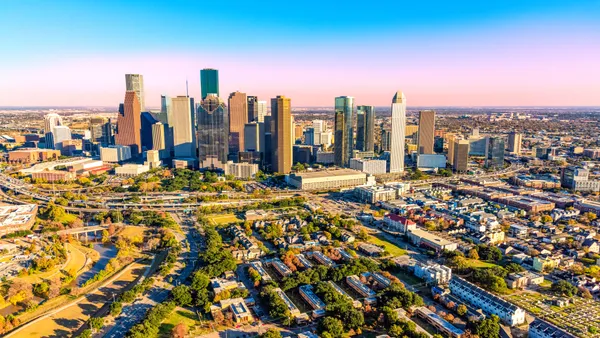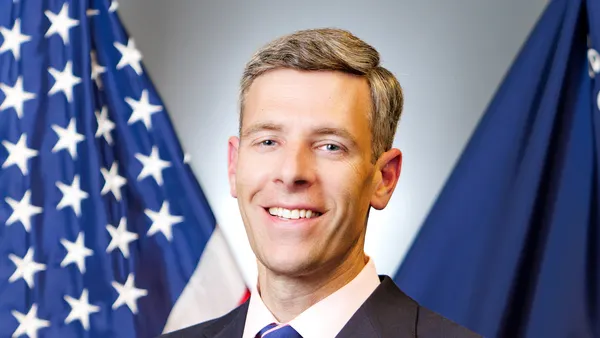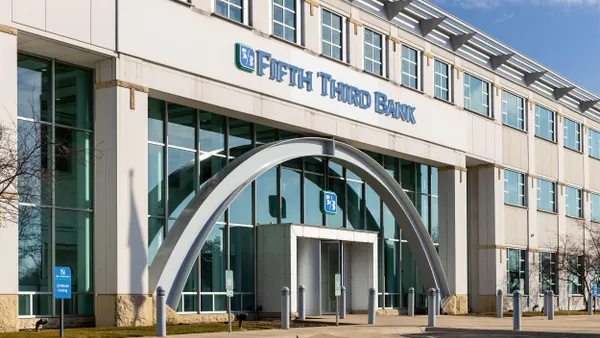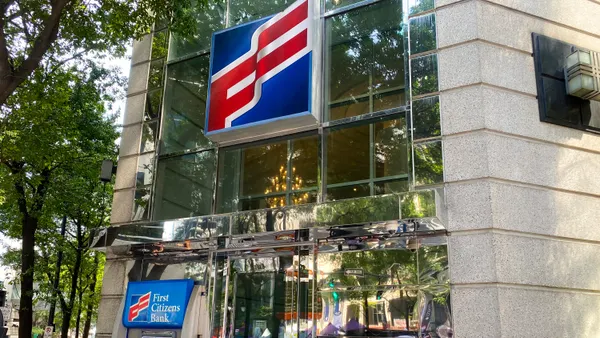The Federal Reserve opened its long-awaited Main Street Lending Program last week, but not all bankers are convinced the program will achieve what it was intended to do: help small to midsize businesses weather the economic disruption caused by the coronavirus pandemic.
"I don't think it lives up to its name of helping Main Street," said Jill Castilla, president and CEO of Citizens Bank of Edmond, a $292 million-asset community bank in Oklahoma, which is participating in the program. "It's really a mid-market opportunity to provide financing, which is needed, but it doesn't assist those on Main Street that really need access to liquidity and credit assistance."
Businesses with up to 15,000 employees or $5 billion in revenue are eligible to participate in the $600 billion program, but Castilla said certain requirements, while well-intentioned, are neither attractive nor attainable for most of her clients.
"The [earnings before interest, tax, depreciation and amortization] requirements are quite high to be able to even qualify for this loan. And then the minimum loan amount is also exceptionally high at $250,000. Small businesses can't even fathom taking a $250,000 loan with a five-year maturity and be able to service that amount of debt," she told Banking Dive.
Ahead of its launch, the program has already gone through several iterations in an attempt to open the program to more businesses.
The Fed lowered loan minimums this month to $250,000 from $500,000 and extended the loan term to five years from four. Companies also can defer principal payments on their loans for two years, rather than one.
But it appears most community bankers aren't sold on the program.
Offering the loans has received limited interest from community banks nationwide, said Paul Merski, executive vice president for the Independent Community Bankers of America (ICBA).
"It’s a very challenging and complex program," he told The Washington Post.
A recent Brookings Institution paper claims banks are showing little interest in the program.
"Banks generally say that these are loans they would make anyhow. Potential borrowers say the loans are too expensive and burdensome," the report's authors write.
Fed Chair Jerome Powell, however, told a Senate Banking Committee last week there was "substantial interest" from banks.
Large banks such as JPMorgan Chase, Bank of America and Wells Fargo are expected to participate, the Post reported.
Truist is still reviewing the program and has not made a decision about whether it will participate, a bank spokesperson told Banking Dive.
Joel Werkema, a spokesman for the Federal Reserve Bank of Boston, which is overseeing the program, told the Post last week the program is still in its "early days," and loan applications could begin this week.
But Castilla says few of Citizens Bank of Edmond's customers will qualify for the Main Street program, even though many have expressed an "exceptional amount of interest."
"The need for a program like that is still exceptionally high," she said. "We'll lose businesses unless the Fed changes the structure of that program or another program isn't developed for small businesses."



